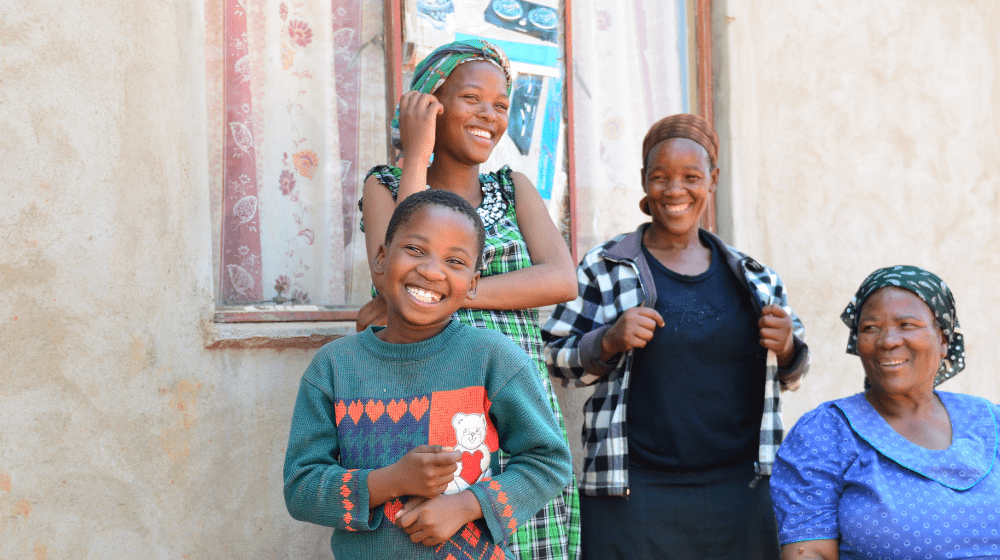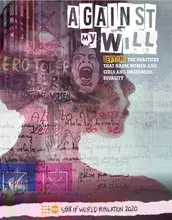Women and girls, in all their diversities, have the fundamental right to live free from violence and to have agency over their bodies and lives, both offline and in virtual spaces.
UNFPA initiated the bodyright campaign to draw attention to the lack of protections women and girls face online. We support survivors of technology-facilitated gender-based violence and build awareness about the gendered social norms that allow it to proliferate.
Technology holds endless possibilities. It has the power to expand networks, opportunities, and minds. In our increasingly technological world, digital access, literacy and skills are imperative for everything from livelihoods to education, to participation in civic life. Yet, technology is also increasingly misused and weaponized, with women and girls disproportionately targeted. Marginalized populations including Afro-descendants, indigenous peoples, people with disabilities and LGBTQIA+ individuals can be even more vulnerable.
The digital divide is often portrayed as a matter of women’s and girls’ disinclination towards tech. That is not the case. The exclusion of women and girls in technology is perpetuated through violence and discrimination. And it is shrinking their futures and deepening gender, economic and social inequalities. The cumulative impacts of this exclusion are enormous. An estimated 2.7 billion people are not connected to the Internet, and the majority of them are women and girls. Globally, 62 per cent of men use the Internet compared to 57 per cent of women.
Women and girls are shapers of an equal future. The more they are included in the creation of technology, the less vulnerable they will be – and the more all of society will benefit. Whether the intention behind new technologies is good or bad, when poorly designed tech meets gender inequality, harm can follow. This can take the form of image-based abuse, sextortion, harassment, hate speech, cyberbullying and doxing.
Diverse perspectives are paramount to ensure the safety, usability and inclusivity of tools and products. That is why UNFPA is developing safety and ethics guidelines for practitioners designing technology for gender-based violence prevention and response. And crucially, we are engaging technology companies to involve women in design processes from the outset.
Technology is essential to advancing gender equality. When women and girls can access and use technology safely, they can amplify their voices and exercise their agency and autonomy – giving them a platform that can transform their future – and ours.



